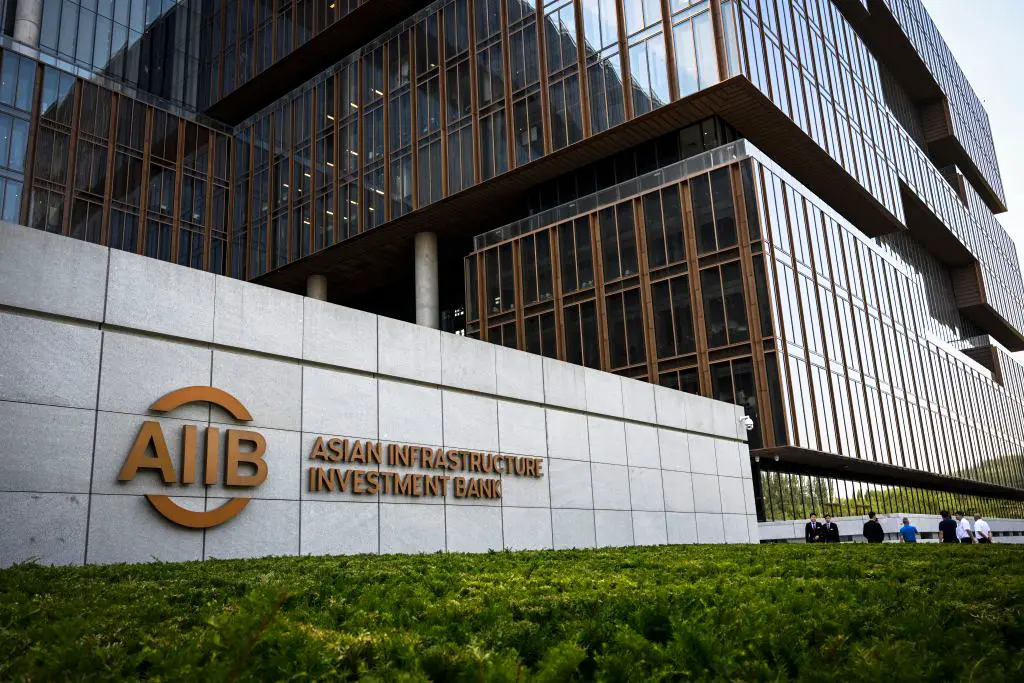Commentary
In the 1930s, the world had three powers that aspired to dominate the world: the communists of the Soviet Union under Stalin, who sought a worldwide proletariat revolution that redistributed wealth to the masses; the Nazis of Germany under Hitler, who sought to establish a global top-down fascist regime; and the United States under FDR, which sought to spread free-market capitalism throughout the world.






